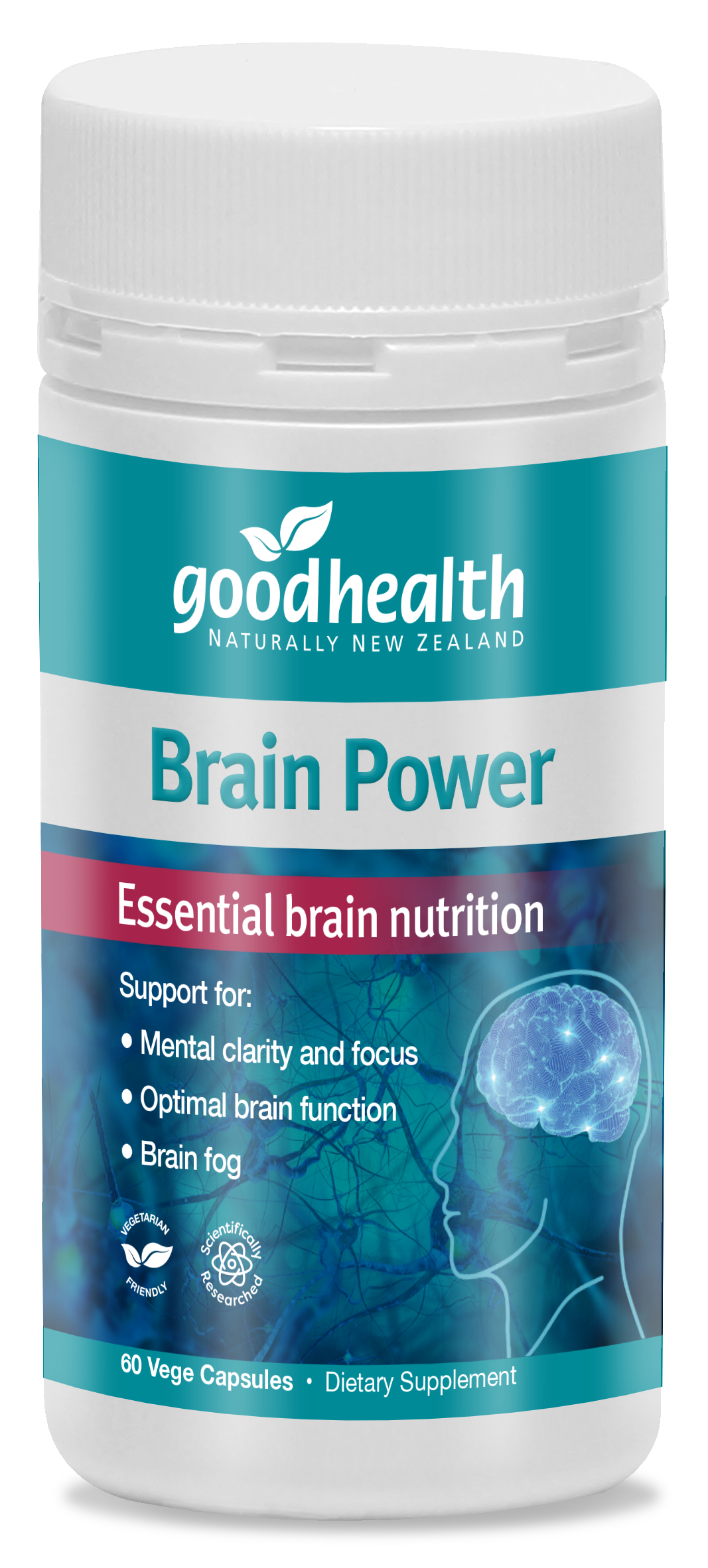
Studies showed that oral zinc sulfate supplements significantly reduced the need for ventilation, hospitalization, and ICU admission. Serum zinc levels were inversely related to the severity of COVID-19 symptoms. Observational studies indicated that selenium could play a role in decreasing mortality rates in COVID-19 cases. The review also discussed the beneficial effects of mineral antioxidants. Studies also found vitamin D levels to be inversely associated with the levels of inflammatory biomarkers such as C-reactive protein (CRP), ferritin, D-dimer, and neutrophil and lymphocyte concentrations.

Supplementation with vitamin D reduced ventilation and intensive care unit (ICU) admission requirements. Observational studies reported that insufficient vitamin D was linked to severe COVID-9 manifestations such as hypoxia, fever, and lymphocytopenia. Vitamin C supplementation was seen to reduce inflammatory biomarker levels and mortality and increase the Horowitz index, which is used to assess the lung function of patients on ventilators.

The findings of the review suggest that vitamins C and D and minerals zinc and selenium could be highly beneficial in improving many of the clinical outcomes of COVID-19 and lowering the severity of the disease. Studies with descriptive observational data, imprecise estimates, and studies that administered the antioxidants of interest with other nutrients, as well as non-peer-reviewed publications, commentaries, editorials, and case reports, were excluded. Interventional studies were selected for including randomized controlled, pre- or post-, and quasi-experimental trials and for investigating the effect of antioxidant infusions or supplements on the clinical outcomes of COVID-19. Observational studies were chosen based on an extensive inclusion criterion, which included factors like robust study design, outcomes of interest such as hospitalization and inflammatory biomarkers, exposure of interest consisting of different levels of the antioxidants in supplements or food, and results being reported in terms of odds ratio, hazard ratio, β coefficient, and relative risk. They selected observational and interventional studies that included COVID-19 patients and excluded studies on animal models and ex vivo or in vitro experiments. In the present review, the researchers focused on six non-enzymatic antioxidants, which included two minerals (selenium and zinc), four vitamins (A, D, E, and C), and one quasi-vitamin (α-lipoic acid). Considering the extensive involvement of oxidative stress in COVID-19 clinical outcomes, antioxidants, which repair oxidative damage to cellular components, could provide potential therapeutic avenues to manage the severity of the disease. Oxidative stress is thought to weaken the immune system and cause inflammation and cell death. The binding of the SARS-CoV-2 spike protein with the angiotensin-converting enzyme 2 receptor is believed to disrupt the renin-angiotensin system and increase oxidative stress. Comorbidities such as cardiovascular diseases and diabetes mellitus increase the risk of severe COVID-19 because these conditions elevate oxidative stress levels in the body. Recent research on COVID-19 has indicated that oxidative stress could be one of the main reasons behind the pathogenicity of severe acute respiratory syndrome coronavirus 2 (SARS-CoV-2).

All SARS-CoV-2 variants blocked by a simple peptide with nanomolar neutralizing efficacy.Why fatigue from long COVID goes beyond simply feeling tired.Long-term follow-up of young people with COVID-19 vaccine myocarditis.


 0 kommentar(er)
0 kommentar(er)
